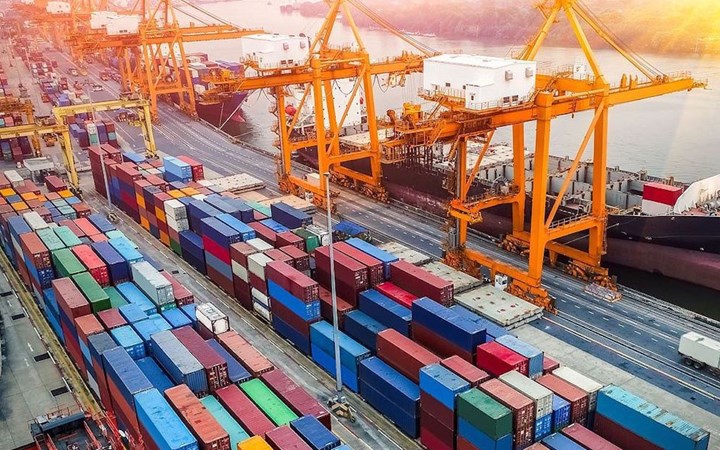The logistics sector in Vietnam has been experiencing impressive growth, despite the challenges brought about by the COVID-19 pandemic. The industry has proven to be critical in delivering essential goods, contributing to economic stability, and supporting the recovery of the Vietnamese economy.
Vietnam, as of its current status, is ranked in the top 10 emerging logistics markets globally, with a projected compound annual growth rate of 5.5% from 2022 to 2027. The country’s strategic location has played a significant role in enabling it to emerge as a new transit hub for goods, contributing to the expansion of international trade flows.

The industry has continued to attract substantial investment into the development of warehouse systems and modern logistics centers. In 2020 alone, nearly 3 billion USD was invested in these facilities, signaling the promising potential and dedication to the logistics industry.
Furthermore, the logistics industry has seen remarkable developments driven by technology and innovation. The proactive approach of pioneers in the logistics industry has significantly contributed to forming a new transit hub for goods in Vietnam. With the development of comprehensive integrated logistics services, Vietnam is well-positioned to play a significant role in the global supply chain.
The pandemic has also brought about shifts in consumer behavior, particularly in the e-commerce sector. The boom in e-commerce is expected to continue as a powerful engine of the global economy, with significant prospects for cross-border e-commerce, even post-pandemic. This trend presents opportunities for businesses to innovate and optimize their logistic services to cater to the growing demands of e-commerce.
Vietnam’s logistics industry is poised for further development, especially in the areas of modern and high-quality logistics centers. The country’s emerging role as a strategic market, combined with the rapid growth of its digital economy, provides fertile ground for the industry to thrive. Moreover, the signing of Free Trade Agreements (FTAs) such as the CPTPP, EVFTA, and RCEP have opened up opportunities for greater investment access and freer trade with trading partners, positioning Vietnam for further integration into the global logistics market.
In conclusion, the status of the logistics sector in Vietnam today reflects a story of resilience, growth, and constant adaptation. Despite the challenges brought about by the pandemic, the industry has shown remarkable progress, making significant contributions to the country’s economic landscape. With increased investments, technological advancements, and strategic positioning in the global supply chain, Vietnam stands poised to become a key player in the international logistics arena. The current status of the logistics industry in Vietnam, characterized by growth, technology-driven innovations, and strategic investments, positively influences manufacturing outsourcing in the country. The efficient logistics infrastructure, coupled with cost-effective solutions.